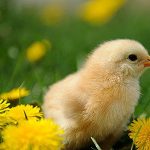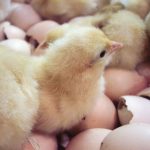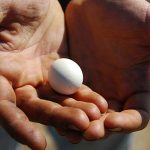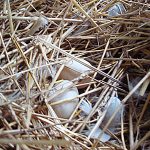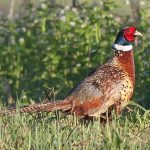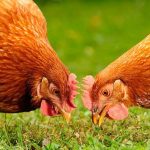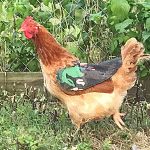
If your poultry flock experiences a health issue, suddenly all those little details you thought you’d never forget, but now you can’t quite remember, become immensely important. In such an event, you’ll be happy you previously understood the importance of keeping a flock history and took a few moments to write down incidents as they […]
Continue Reading
